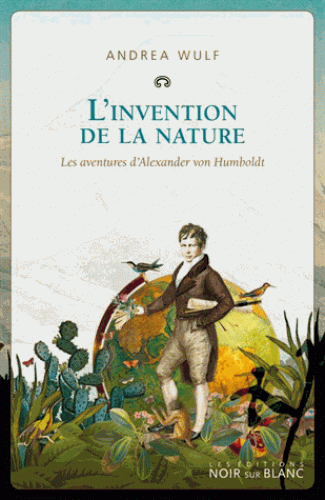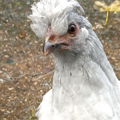Maia@bookwyrm.social reviewed The Invention of Nature by Andrea Wulf
The Invention of Nature
5 stars
One of the minds born of the Age of Enlightenment was Alexander Von Humboldt. I didn't realise before reading this book how central he is to the way we think about nature and the world. Minds such as Darwin, John Muir, Thoreau, George Marsh, Earnest Haeckel (along with the Art Nouveau movement) and so on were directly influenced by his works and worldview. This worldview saw nature and humanity as a global intertwined system which can only be understood through a combination of great leaps of the imagination (the subjective and emotional experience) as well as hard data (the scientific, empirical and objective mind) together, a radical new theory for the time. I feel after reading this book I understand my passion and profession (I am an MSc earth science student) so much more, as well as the origins of my field. I feel university and the education system in …
One of the minds born of the Age of Enlightenment was Alexander Von Humboldt. I didn't realise before reading this book how central he is to the way we think about nature and the world. Minds such as Darwin, John Muir, Thoreau, George Marsh, Earnest Haeckel (along with the Art Nouveau movement) and so on were directly influenced by his works and worldview. This worldview saw nature and humanity as a global intertwined system which can only be understood through a combination of great leaps of the imagination (the subjective and emotional experience) as well as hard data (the scientific, empirical and objective mind) together, a radical new theory for the time. I feel after reading this book I understand my passion and profession (I am an MSc earth science student) so much more, as well as the origins of my field. I feel university and the education system in general has pushed me away from the arts, suggesting that I could only pursue EITHER science OR beauty when in fact I have a love of both, and wish to see the natural world in an aesthetic as well as a scientific light. After all, what is more poetic than the communication of an entire woodland by fungal networks, or more humbling than a hundred million years in the geology of a cliff face? What underpins every scientist's passion for their subject? The beauty of it of course! This book has been a great inspiration to me. Learning about Humboldt's life and influence on the world (and thus my worldview) has been a way for me to reconnect with my subject after university education had taken some of the romance out of it. In short, I highly recommend this book, I will certainly go on to read Humboldt's "Cosmos" and "Views on nature"!


